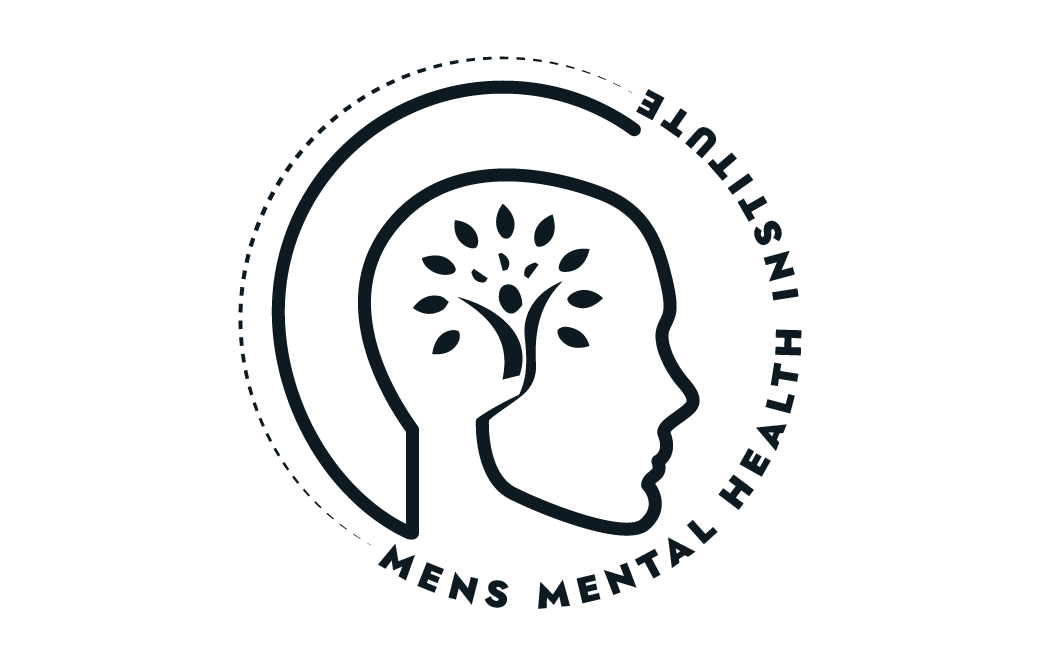The Challenge of Starting Over: Identity, Dating, and the Digital Age
Divorce shakes the core of your identity. You’re no longer the partner you once were, and that void can feel like stepping into unfamiliar territory. Rebuilding your sense of self while stepping back into the dating world, especially with dating apps, adds layers of complexity.
From a neuroscience perspective, the brain’s prefrontal cortex is tasked with recalibrating your identity and decision-making under stress, while the amygdala reacts to the uncertainty and social risk inherent in dating after divorce. Dating apps flood the brain with rapid rewards and rejections through “swipe culture,” activating dopamine circuits in a way similar to gambling. This can lead to decision fatigue, anxiety, and a distorted sense of your own value.
Evolutionary psychology shows that human mating strategies evolved around rich, face-to-face social signals, tone of voice, body language, and slow-building trust. Dating apps, by contrast, strip these nuances, reducing interactions to quick judgments based on photos and brief bios. This shift disrupts natural mate selection cues and can undermine your confidence, making you question if you’re “enough” based on app metrics.
Social psychology sheds light on how societal pressures push men to “perform” masculinity: to appear confident, attractive, and successful, even if they feel insecure inside. The mismatch between your inner reality and the curated, superficial world of dating apps can amplify feelings of isolation and frustration.
Behaviorally, men often oscillate between over-investing in apps and withdrawing out of self-protection, creating a cycle of hope and disappointment. Meanwhile, the mental health industry sometimes overlooks these social and technological factors, opting for generic “confidence-building” tips that miss the deeper systemic influences on your dating experience.
Therapeutic Strategies for Navigating Identity and Dating Apps
Identity Work and Narrative Therapy
Explore and redefine who you are beyond your past relationship and the superficial judgments of apps. Ground yourself in your values and authentic self.
Mindfulness and Emotion Regulation (DBT)
Manage anxiety and impulsivity triggered by app interactions, helping you respond thoughtfully rather than reactively to matches, messages, or rejections.
Social Skills and Communication Training
Rebuild confidence in face-to-face settings and create meaningful connections that apps can’t replicate.
Cognitive Behavioral Therapy (CBT)
Challenge distorted beliefs about your worth tied to dating app outcomes or societal expectations.
Solution-Focused Therapy
Set realistic goals for dating and life, focusing on quality over quantity and building relationships aligned with your true self.
What You Can Gain by Starting Over with Intention and Awareness
Mentally, you develop resilience against the emotional rollercoaster of modern dating and a clear, grounded sense of self.
In dating, you cultivate authentic relationships based on connection, not just swipes or superficial attraction.
Socially, you build supportive communities and friendships that reinforce your growth and healing.
Professionally and personally, increased emotional clarity and confidence empower you to pursue fulfilling opportunities beyond dating.
Starting over after divorce in today’s dating landscape requires understanding the neuroscience of reward and rejection, the evolutionary roots of connection, and the social dynamics shaping your experience. With therapeutic support that integrates these insights, you can reclaim your identity and build a dating life, and a future, that truly fits who you are.








